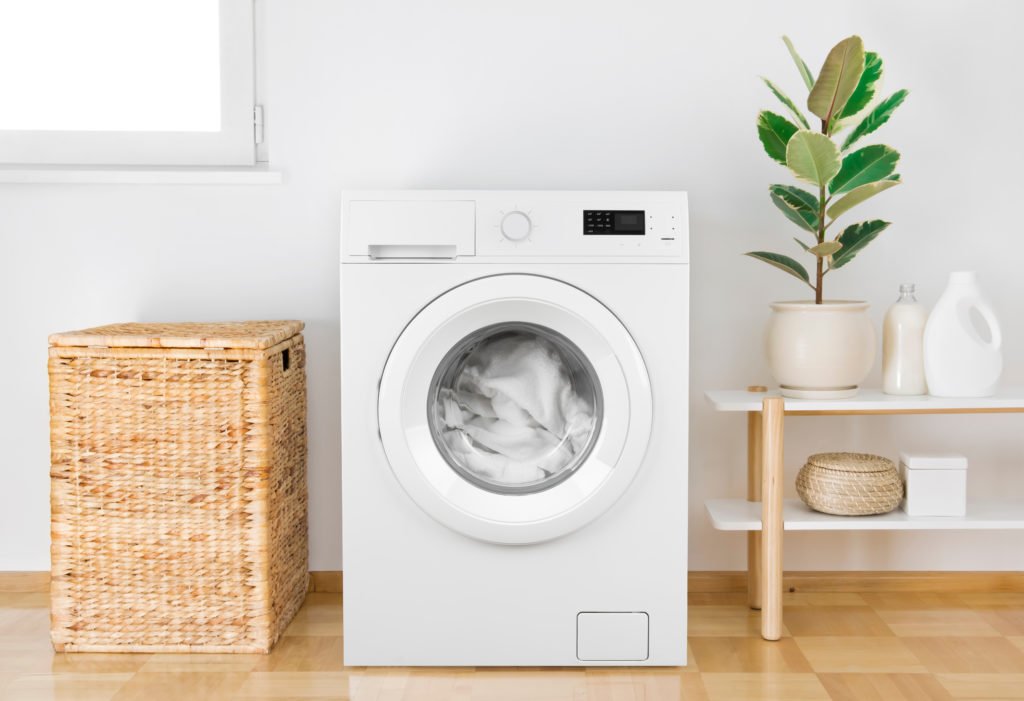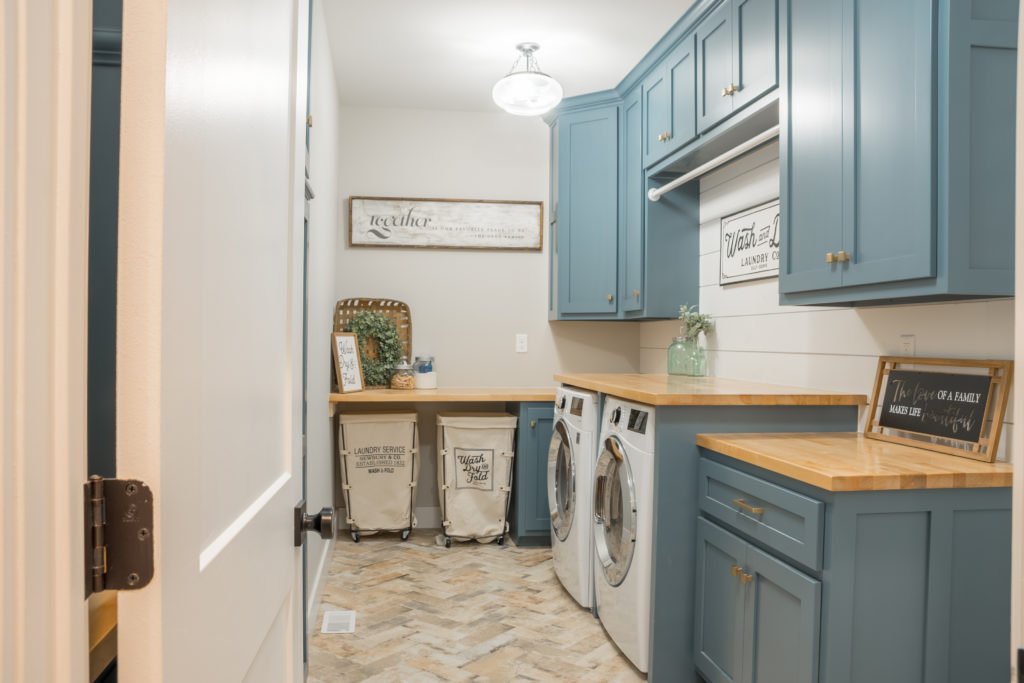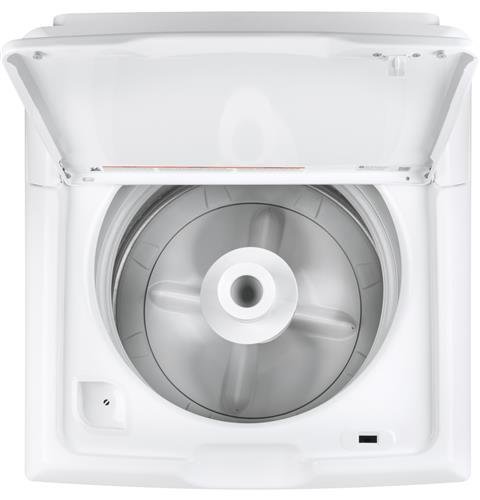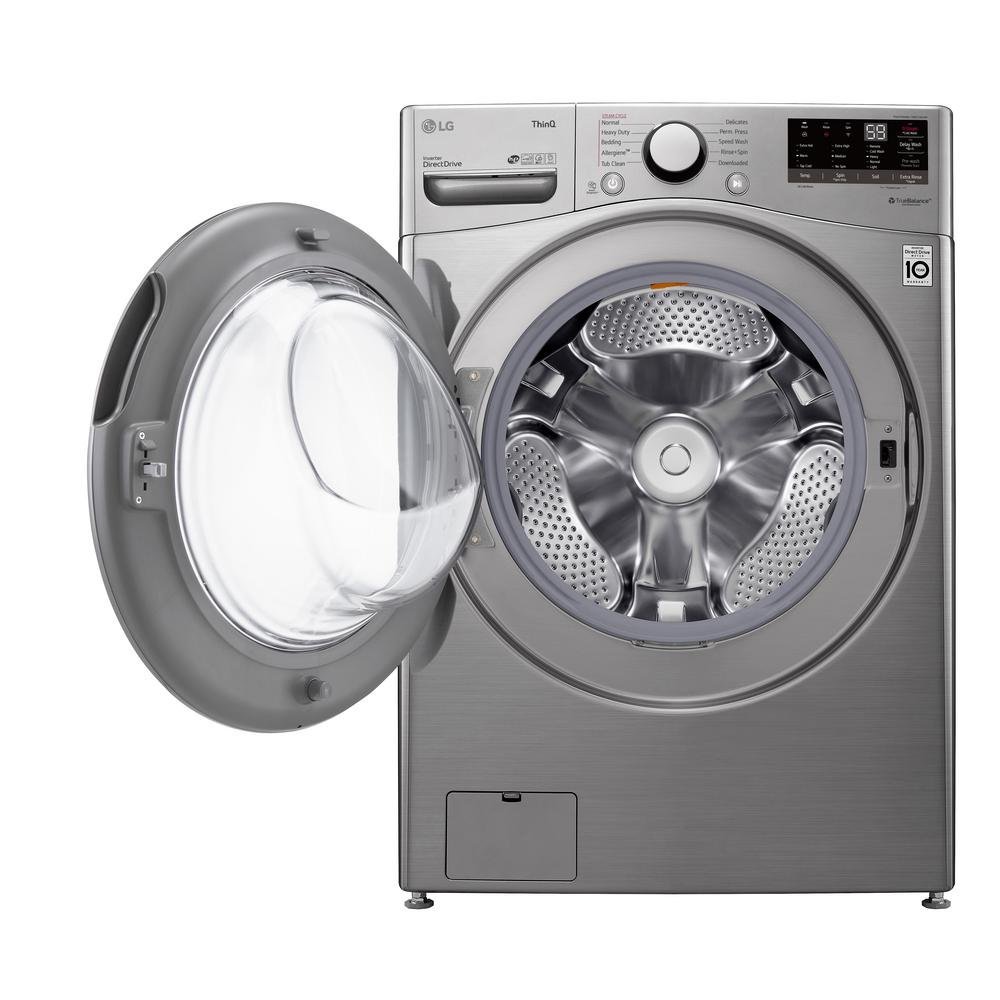Washing Machine Buying Guide
Washing Machine Buying Guide

It’s one of those dreaded household appliance replacements. Few things are worse than hearing your washing machine stutter to a discouraging clunk and knowing that it might be time for a replacement. But never fear – this washing machine buying guide will help you navigate the pitfalls of appliance shopping and get you set up with an upgraded device in no time.
First, though, how do you know for sure whether your washing machine needs replacing? The average washing machine lasts about 10-14 years. Towards of the end of its lifespan, most washing machines will start to give you clues that it’s on its last legs.
One sign of impending washer failure is that your clothes are still soaking wet at the end of a cycle. Extremely wet clothes suggest your washer unsuccessfully completed its spin cycle. Similarly, consistently loud sounds while running could indicate problems. If you have a single wash that was unusually loud, it may just be an uneven loading issue. However, if your machine is constantly loud while in use, it could be a sign of internal bearing problems.
While hose replacements are a common maintenance repair for washing machines, be aware that constant leaking hints that your machine’s tub has cracked, and it’s time to replace your washer. Also, if you allow leaks to occur for too long, you can end up with expensive water damage and mold problems.
Finally, if you notice that your clothes are still coming out with stains or may even have unwashed detergent left on them, it could signify that your machine isn’t properly going through its wash cycles. This is another sign that it may be time for a replacement.
Measure Your Space Before You Buy
Before you buy a new washing machine, it’s wise to consider a few factors about your household to ensure you purchase the best appliance for your family’s needs. Here are some points to consider:
How many people is your washing machine currently servicing? The average American family of four washes 50 pounds of laundry every week. That equals over 6,000 articles of clothing every year! Your household may wash more or less clothing than the average. This washing frequency largely depends on the number of people and age of your family since young children and babies require frequent changing and laundering.
What kind of laundry room do you have? The location and size of your laundry room should be a critical aspect for your washing machine considerations. It makes a big difference if your washer is located upstairs versus a basement bedroom. You should carefully measure both the width of the space your washing machine will inhabit, but also the measurements to get the machine into that area.
Consider stairs, corners, and entrances that may need to be navigated to get your washing machine installed. Washing machines are heavy and can average 135-205 pounds, so it’s best to choose a machine that can easily fit into your house or apartment without undue hardship. Remember to calculate enough space for open doors and tops within the area your washer will live. Aesthetics are also important. Don’t pick machine colors or styles that will clash with your surrounding space.

How often do you plan to do laundry? The average American family spends 1 hour and 15 minutes doing laundry a day, which equates to 1-2 loads of laundry a day. Larger capacity washers can cut down on the number of loads you end up doing, but they also take up a larger footprint within your home.
Are you pairing your washing machine with a matching dryer? Although it is not necessary to buy a washing machine and dryer at the same time, if you plan to have a matching set in the future, it is wise to take measurements for both at the same time.
Will you install your washing machine yourself or have it professionally installed? While self-installation is budget-friendly, some manufacturers require a professional installation of their appliances. Otherwise, any manufacturer warranties they offer could be voided. Professional installations often include services to remove old appliances from the home, which is a convenient way to move and dispose of old washing machines.
Types of Washing Machines
When shopping for washing machines, there are two main types to keep in mind. Agitator top-loading washing machines have a vertically oriented tub with a central agitator to churn and mix clothes in a pool of soapy water that removes dirt and stains. Agitator top-loaders generally are a less expensive option, and some consumers with mobility considerations find them easier to use as you don’t need to bend over to reach inside the appliance.
| There’s less maintenance required to keep a top-loading machine running well. However, agitator top-loaders use more water and energy, and they do not clean as well as their high-efficiency (HE) counterparts. Instead of a central agitator, HE top-loaders have a small center post that it uses to move and spin the clothes throughout the tub during the wash cycle. This means that loads can be larger, and the unit uses less water and energy to clean them. However, HE machines require the use of special laundry detergent. |  |
Unlike top-loading machines, front loaders have horizontally oriented tubs that use gravity and the natural friction of your clothes rubbing against each other to gently scrub at the material and lift away stains and soil. All front-loading washing machines are considered to be HE models as their unique design needs less water and energy than traditional top-loaders. However, this same design can lead to mold and mildew issues, so it’s highly recommended to leave the door open on your front-load washer when it’s not in use and run regular self-cleaning cycles.
 |
Front Load Washer in Washing Machine Buying Guide Front loaders typically are the gentlest on clothing and also earn high cleaning scores from Consumer Reports. However, like all HE washers, a special laundry detergent must be used. HE washers also generally take the longest time to clean and since the door locks once a cycle begins, you can’t sneak in a rogue sock you found after you’ve started your batch. |
Pedestal washers, or twin loaders, are another type of washer. These appliances are mini-HE-top-load machines designed to nest under a traditional front-load machine. Twin loaders save time by performing two different washes simultaneously (for example, a normal batch of laundry could go into the main front-load machine, and a smaller batch of delicate items could also go into the pedestal washer). However, you’ll need to pay for this added convenience as these machines are typically an expensive add-on and require more space in your home.
To sum it up here’s a quick run-down of the pros and cons when considering the kind of washing machine that is right for you.
Top Loader Front Loader
Pros:
- Least expensive option
- Shorter wash times (30-45 minutes)
- More comfortable to load/unload
- Smaller footprint in home (you don’t need a large space in front of your machine to open the door)
Cons:
- Uses more water and energy
- Clothes are wetter / spin cycle doesn’t remove as much water
- Doesn’t clean as well as front-loaders
- Can damage fabrics
Front Loader
Pros:
- Exceptional cleaning
- Superior water savings
- High energy efficiency
- Can be stacked with a matching dryer
- Gentle on fabrics
- Generally has more load capacity
Cons:
- Low, deep tubs can be difficult to load/unload
- Longer wash times (60-80 minutes)
- Must use HE detergent
- Mold and mildew issues if not maintained
Best Washing Machine Features
There are a couple of other considerations to make when shopping for washing machines. One thing is understanding the capacity of the washer you’re interested in purchasing. Depending on your household’s size and how often you want to run your washing machine, you may need a larger or smaller machine. On average, front-load washing machines have the largest capacity drums, but top-load machines come in a variety of different sizes to fit any home or apartment.
You can calculate capacity on your own by measuring the center of the tub to the outside wall. Once you have this number (the machine’s radius), then multiply it against the same radius squared. Finally, take that value and multiply by pi (3.14). In other words, the formula for measuring washing machine capacity is:
Volume in cubic feet = (pi) (r²) (D)
If math isn’t your strong suit, you can always look up manufacturer capacity online. Here’s also a quick guide to how typical washing machine sizes correspond with average load weight.
| Washer Size | Size in Cu. Ft. | Average Clothes Weight per Load |
| Small or compact | 1.5 – 3.0 | Under 5 pounds |
| Regular or medium | 3.1 – 4.0 | 6 pounds |
| Large | 4.0 – 4.5 | 11 pounds |
| Extra-large | 4.5-5.0 | 21 pounds |
Like any household appliance, new washing machines can come with lots of bells and whistles that can help when doing laundry. There are a lot of factors to consider when choosing a new washing machine as this appliance can aid your family for well over a decade. To check out in-stock models, shop RC Willey’s vast selection of laundry appliances.

